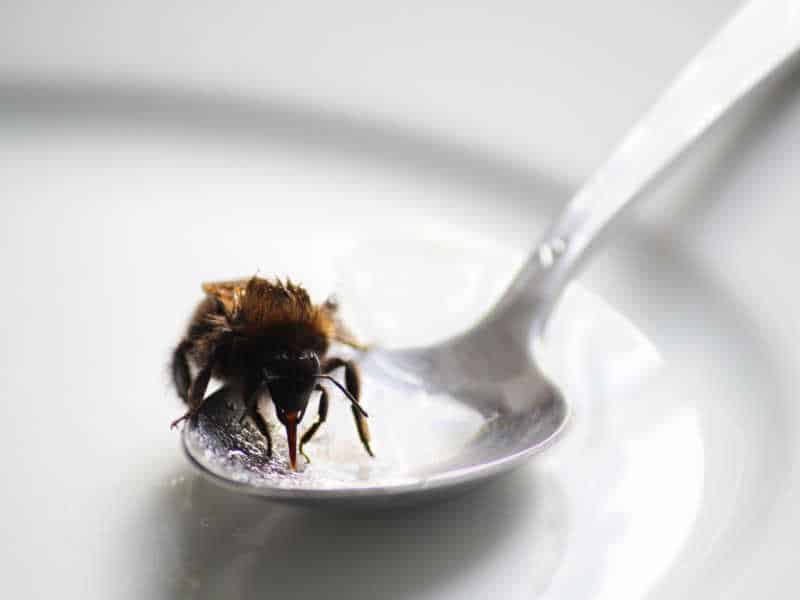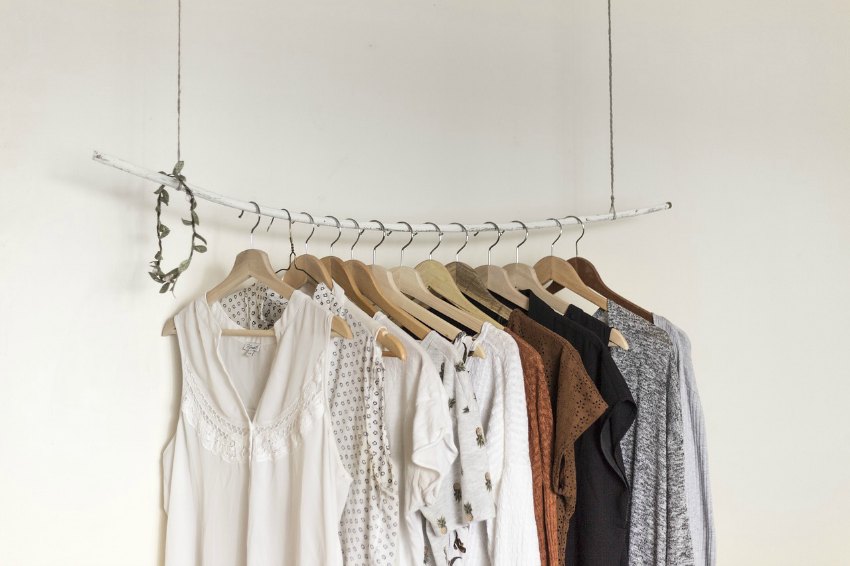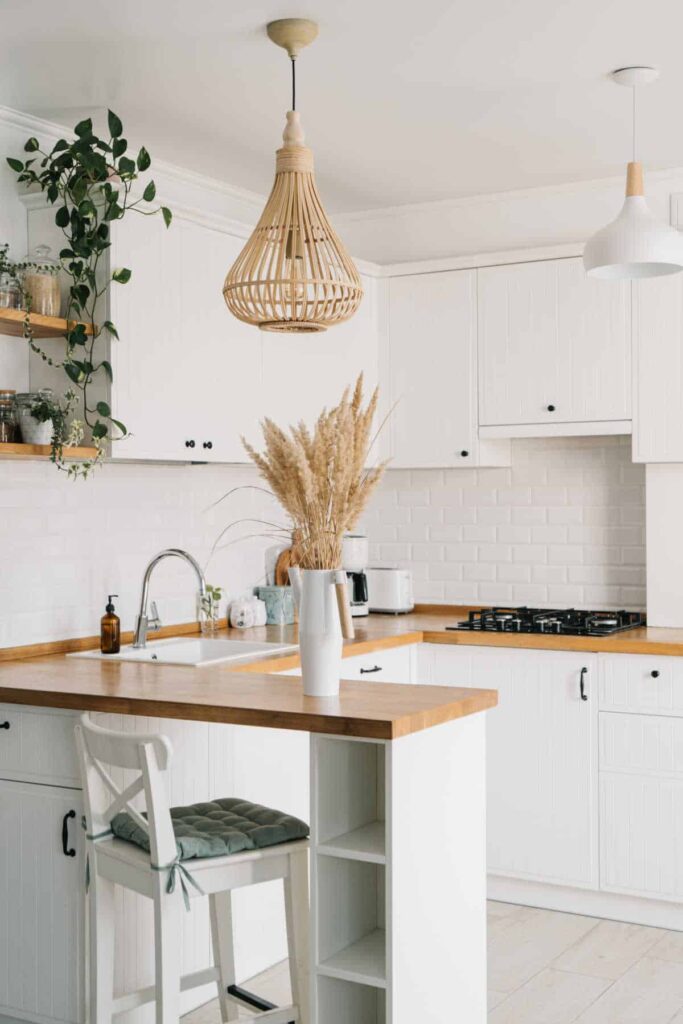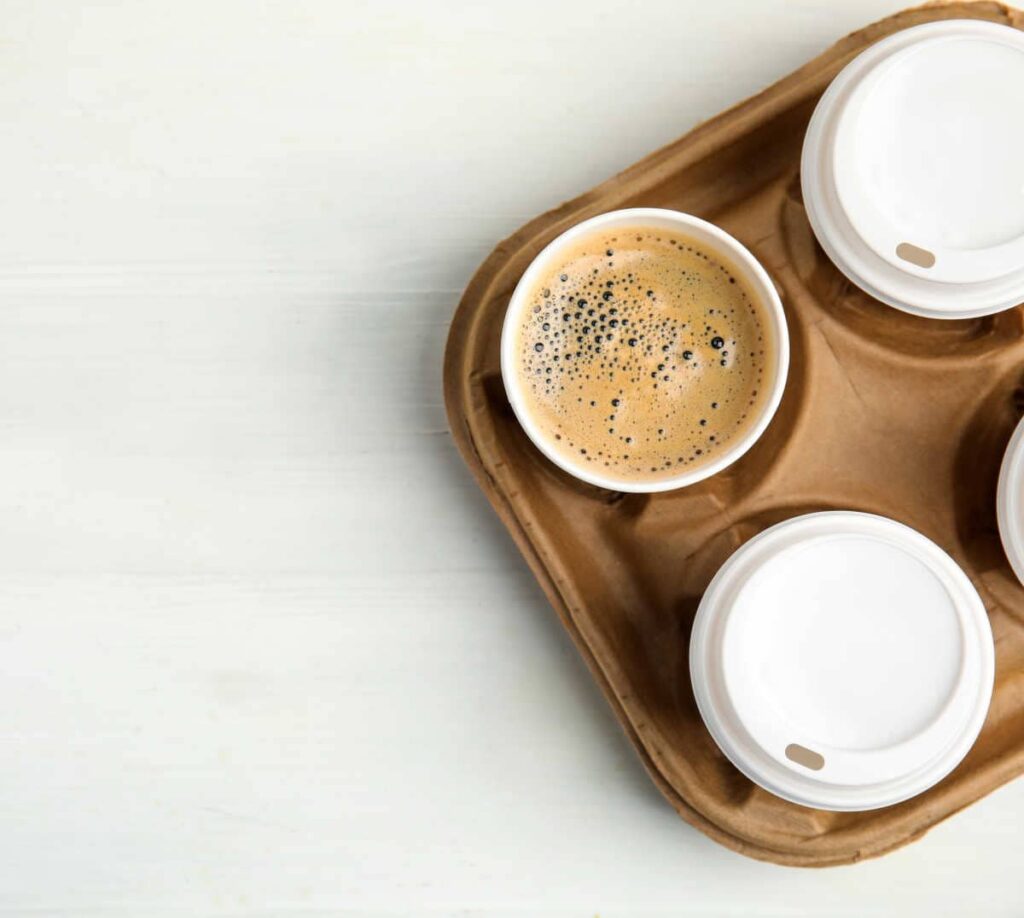Eco-Friendly Period Products: The Ultimate Guide for Beginners
To support the running costs of Moral Fibres, this post contains affiliate links. This means Moral Fibres may earn a small commission, at no extra cost to readers, on items purchased through these links.
Green your time of the month, with this ultimate guide to eco-friendly period products – from washable pants to pads, to moon cups, sponges, organic tampons and towels and more.
I’d like to talk about something that I feel isn’t talked about enough – periods. And specifically, eco-friendly period products.
Before you roll your eyes and click off the page, I want to make it clear that when it comes to periods (and most aspects of life to be honest) I’m firm in the belief that people with periods should do whatever works best for them.
There is no judgement at all in this post if none of these eco-friendly products work for you. I just wanted to put some ideas out there that you may or may not have heard of with no expectation that you have to give them a go, and with no shame if these options don’t work for you or your circumstances.
The Ultimate Guide to Eco-Friendly Period Products
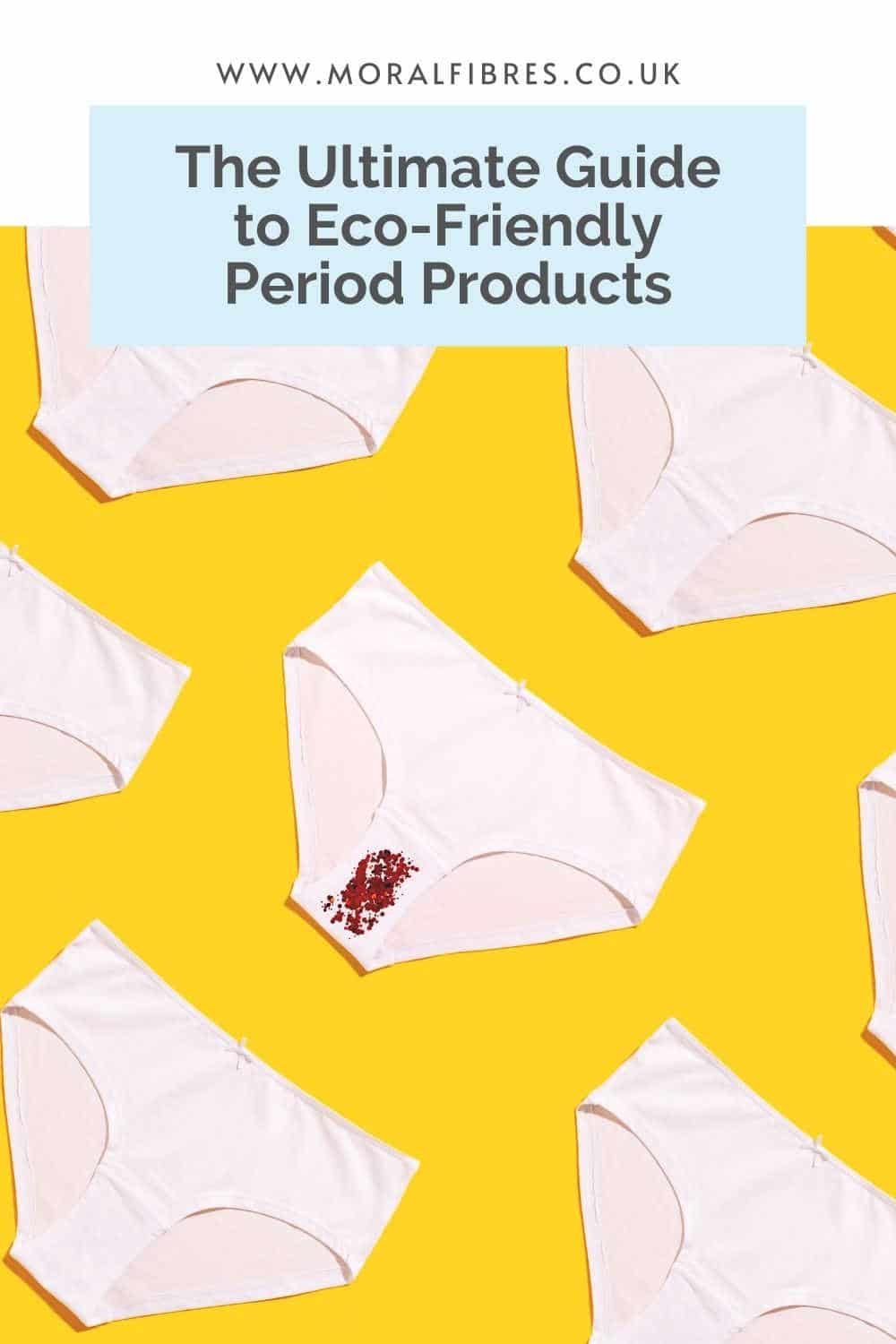
In this guide, I’ve tried to cover as many sustainable and eco-friendly period product options as possible. I’ve tried a few different options and it’s definitely a case of trial and error. Hopefully, you can find something that works for you. If not, there’s no shame in using disposable products if none of these work for you or are suitable for your circumstances.
Menstrual Cups
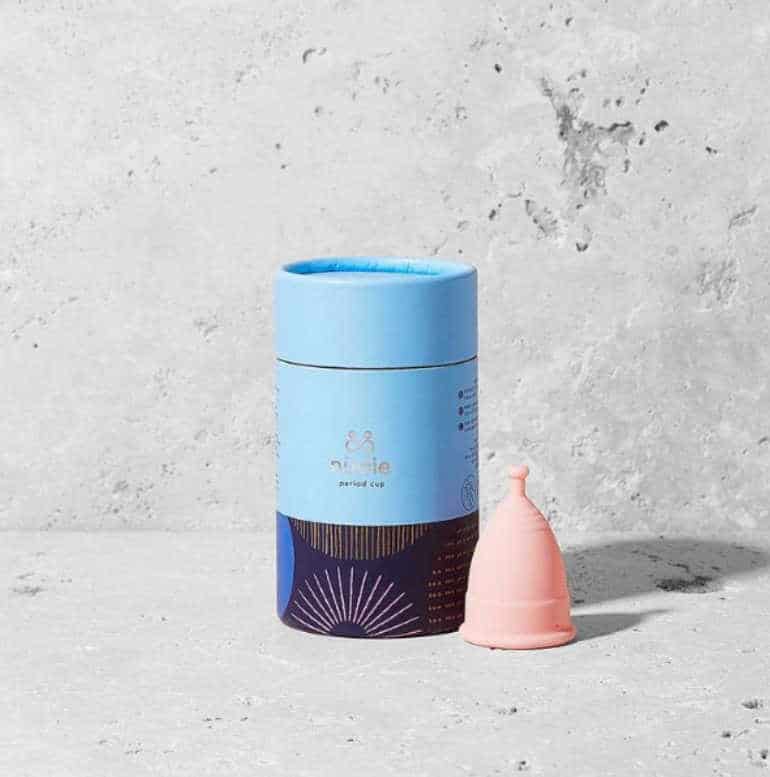
Menstrual cups are probably the first thing your brain defaults to when it comes to eco-friendly period products. However, to be honest, and perhaps to your surprise, I was never really on board with the idea of a menstrual cup. I would go as far as to say I was a bit grossed out by the idea. So I understand if you are too. It wasn’t until after I had my first child that I became a lot more relaxed about the idea.
It does take a bit of practice. First to insert and remove a menstrual cup properly. And also to start to feel comfortable using it (much like the learning curve when you first start to use tampons). However, once it’s in the cup can stay there for 12 hours. Therefore, for the most part, there’s no need to take it out when you’re not at home. It’s easily cleaned, and there’s no risk of Toxic Shock Syndrome, even if you forget to take it out.
There are quite a few suppliers of menstrual cups in the UK. The most popular one is Moon Cup – available at Ethical Superstore. Moon Cup comes in two sizes – one if you’re under 30, and (slightly horrifyingly!) one if you’re over 30 and/or have had a child. However, there are heaps of other eco-friendly period product brands available at &Keep, including cups from TOTM and Nudie.
Period Pants
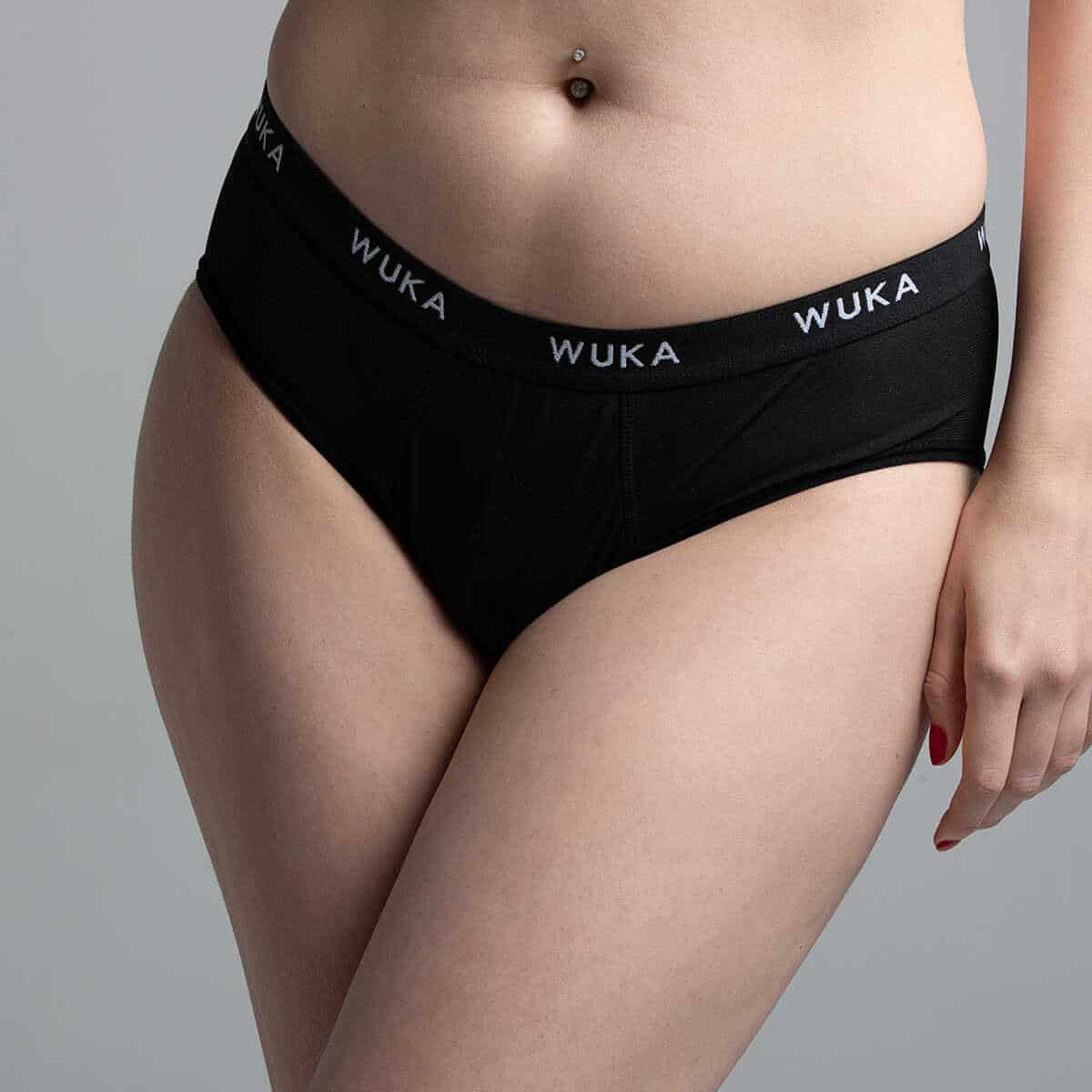
Period Pants are essentially absorbent pants that you wear during your period, without the need for any other sanitary protection. You then pop them in the wash and reuse them time and again.
I have a pair of period pants from Wuka, which I love. I was worried they might feel like wearing a nappy. However, they aren’t at all bulky, so it feels like you are wearing regular pants. In fact, you can pop them on and almost forget that you have your period. I particularly love wearing my period pants at nighttime. It’s so much more comfortable than wearing a sanitary towel.
Want to know more? I’ve written a full guide on everything you need to know about period pants, including the questions you might be afraid to ask. You can also check out my guide to the best period pants, to help you find the right pair for you.
Whilst I really love my period pants, and honestly wouldn’t be without them, I would say that there are a couple of drawbacks to period pants.
Firstly, it can be slightly awkward or annoying having to remove trousers or tights in order to change your pants, especially when you’re not at home. For that reason, I prefer to wear mine at night or on lighter-flow days.
The second is the cost aspect. Period pants are not the cheapest eco-friendly period product option – coming in at around £12 a pair. This means it may get expensive having to buy multiple pairs of pants. I’ve built my collection up slowly over time, buying a pair of pants here and there whenever I’ve been able to do so.
Washable Sanitary Towels
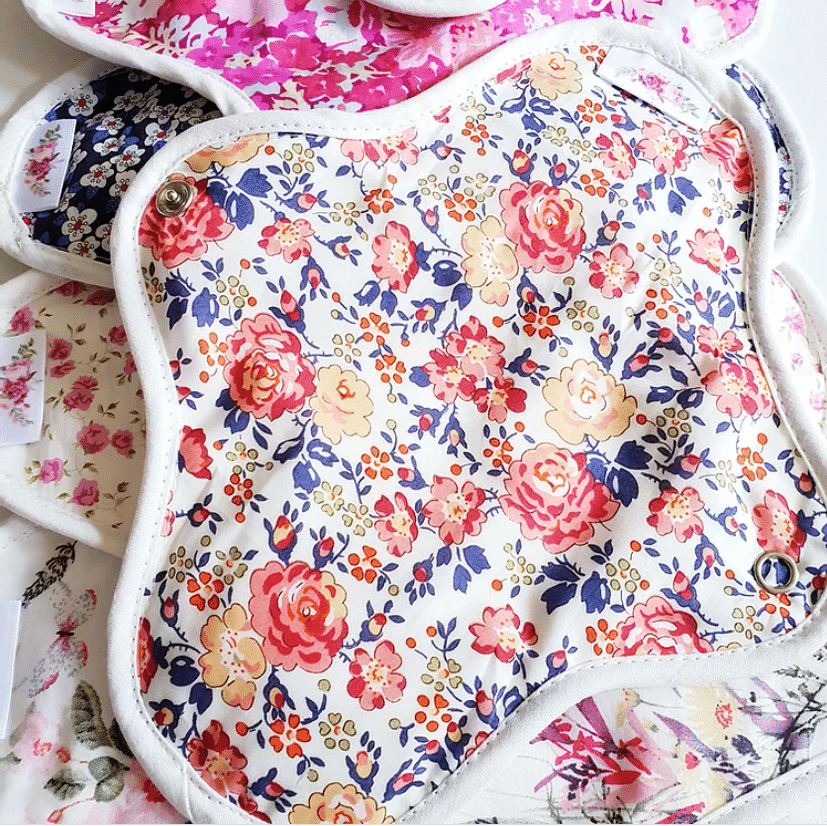
Washable sanitary towels are exactly as the name implies. If you’re familar with washable nappies then these will be a walk in the park for you. You just need to carry around a wet bag (the selection at Etsy is the best) with you to place your towels in when you’re done using them and then pop them in the washing machine.
I’ve got a full beginner’s guide to reusable sanitary pads if you want to know the full ins and outs of using washable pads.
I would say there is not much of a learning curve to reusable menstrual pads – just pop them in your pants and you are good to go.
I think the main drawback for some will be the need to carry used ones around with you. Personally, because of having kids, I’m used to carrying soiled/wet washable nappies in a zipped wet bag in my nappy bag. As such, I don’t have a problem with carrying washable sanitary towels in a similar fashion. However, I know not everyone is into the idea. If you are not comfortable with this idea, then I would try some of the other eco-friendly period product options suggested.
UK stockists of washable sanitary towels include &Keep, Ethical Superstore, and Amazon.
Meanwhile, there are more sellers on Etsy than you could shake a stick at. My favourite is LilahPads, pictured above. I’ve bought a few reusable sanitary towels from here over the last few years, and love them. Mine are lined with white fabric. However, if you are bothered by staining then I would opt for pads that have dark-coloured lining as these will not show any stains.
Sea Sponges
Sea sponges are essentially natural tampons. In our modern world, this is probably considered the most ‘out-there’ option in terms of eco-friendly period products. It’s also not one that I’ve tried. However, I’m keen to hear from readers who have tried or do use sea sponges about their experiences with them.
From what I’ve read sponges are fairly straightforward. Simply wet the sponge and insert it, like you would with a tampon.
You’ll know when they need changing when you feel it drop down a bit. Here, you can just remove, rinse in clean water, and re-insert. At the end of your period, your sponge can be washed in the washing machine and then stored for the following month. With care, it should last roughly a year.
The drawback with sea sponges is that you would need to rinse them on a regular basis (as much as you would need to change a tampon or a pad). Therefore, it may be difficult to use when you’re not at home. And as they are natural sponge rather than synthetic then if you’re vegan, sea sponge probably isn’t for you.
If you’re interested in sea sponges there are a couple of UK stockists. The rather ethereal-sounding Moon Sponges; and the fun-sounding Tom&Pat.
Disposable Yet Eco-Friendly Period Products
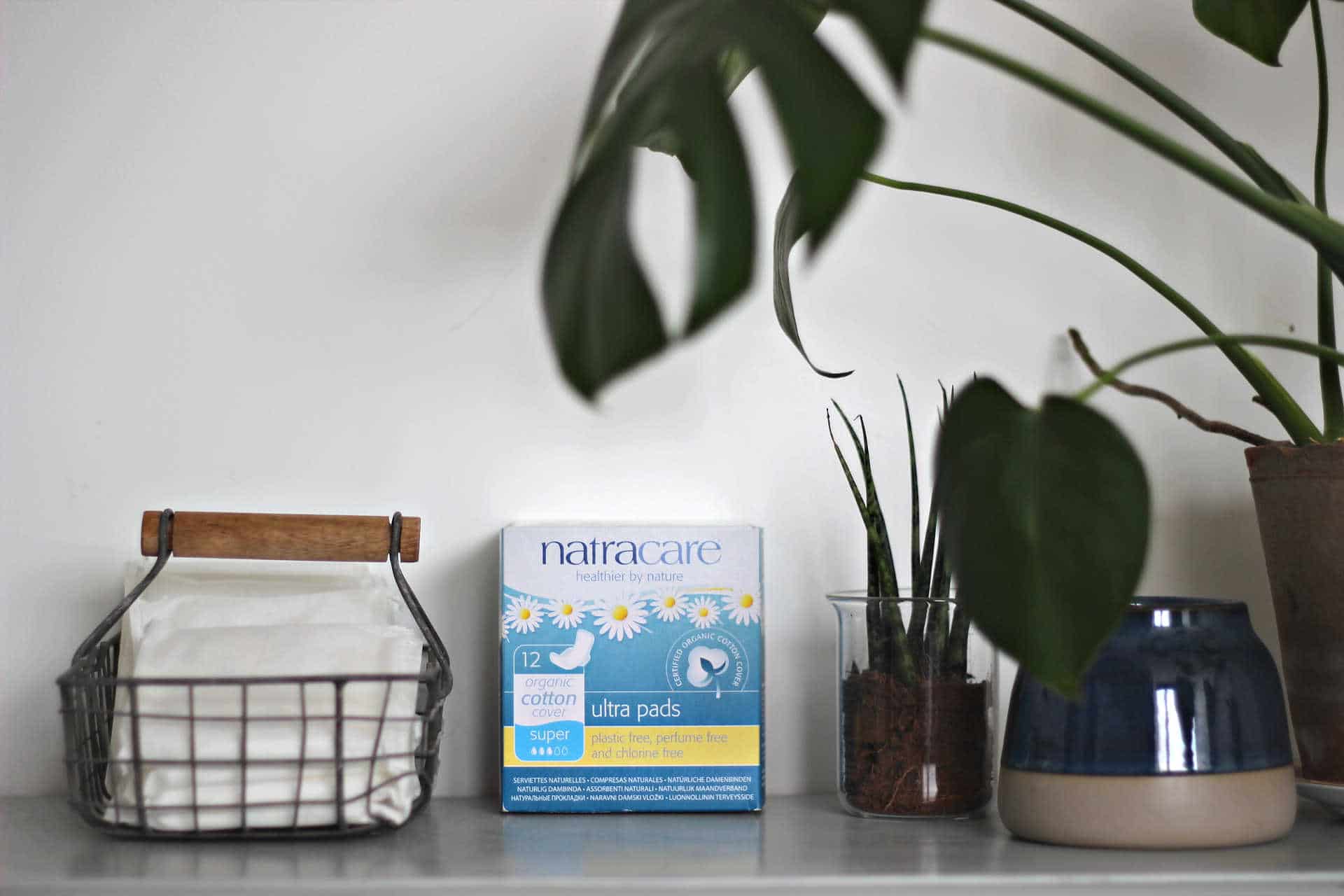
If you’re not convinced by any of the options above, or can’t find an option that will work for you, then an alternative eco-friendly period product option would be switching to organic tampons or sanitary towels.
Conventional tampons and sanitary towels have been reported to contain traces of pesticides and insecticides. If you are looking for organic alternatives try Natracare or Eco by Naty – both available at Ethical Superstore. I’ve used both and really rate them.
I’d be interested to hear about your experiences with eco-friendly period products. What have you tried and what do you swear by? And what pain relief methods do you use? I’m a hot water bottle kind of person myself!
You can also check out my guide on how to reduce plastic in the bathroom if you’re looking for inspiration on how to reduce plastic waste.
Found this post useful? Please consider buying me a virtual coffee to help support the site’s running costs.

